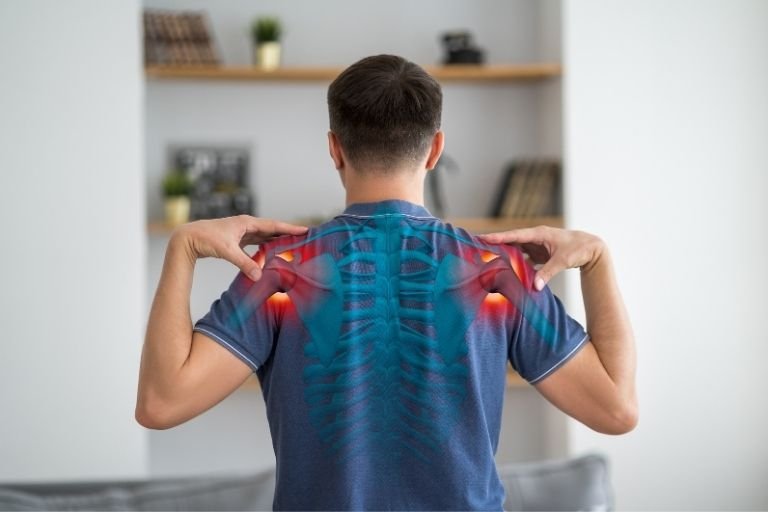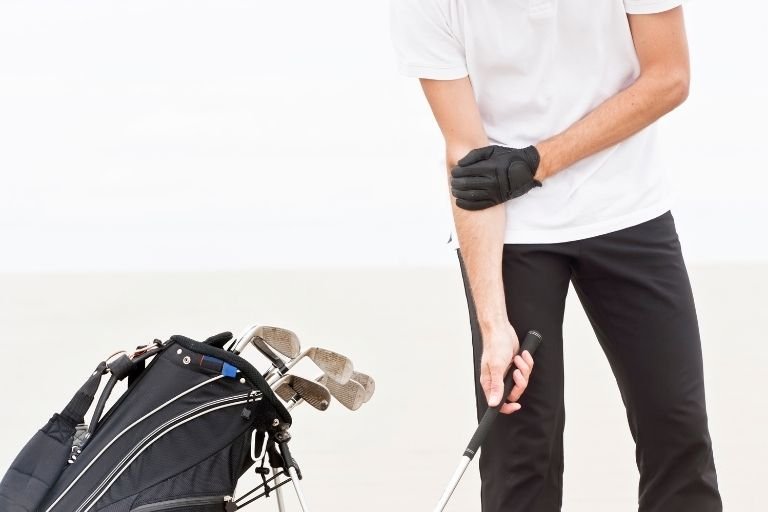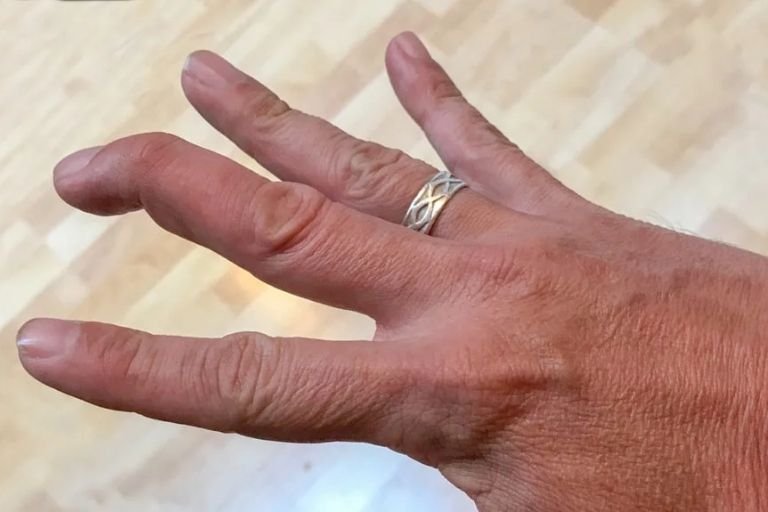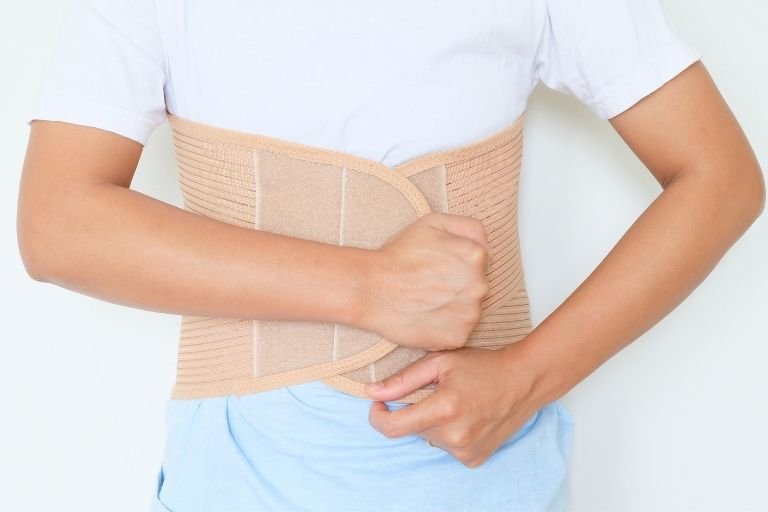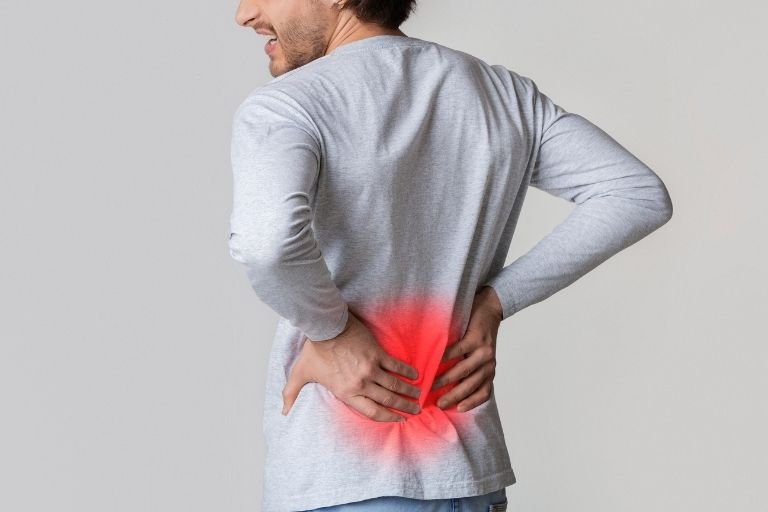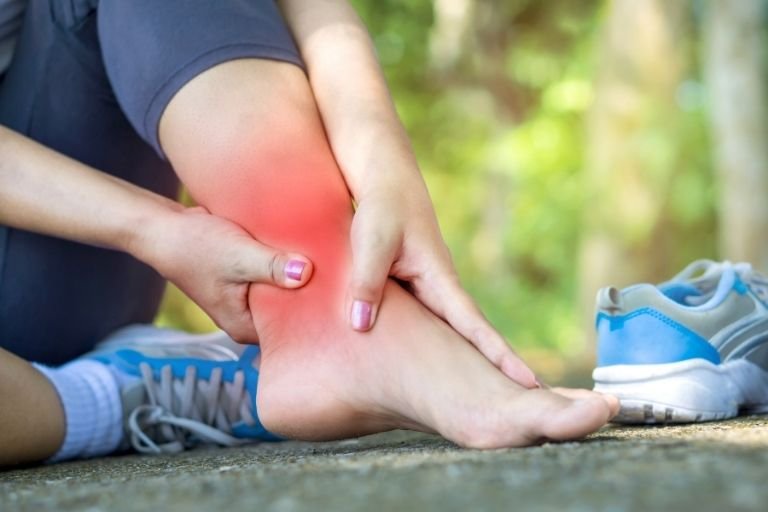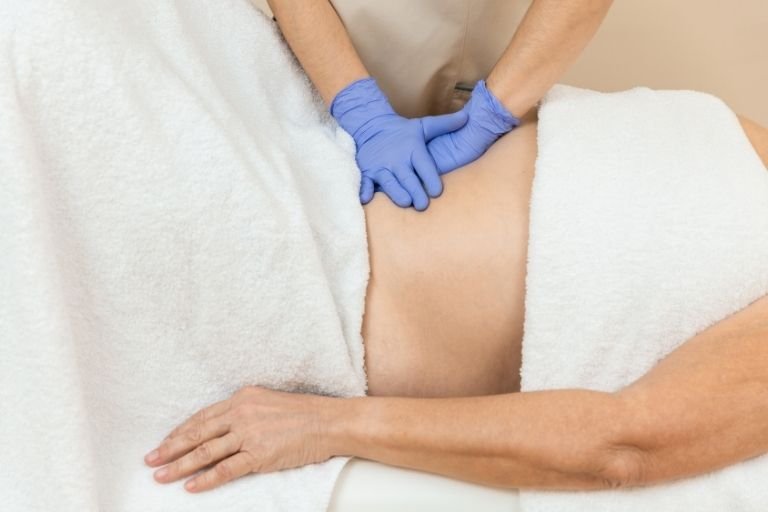- Fitwell Physiotherapy
Calf Strain

A calf strain is a common injury characterized by the overstretching or tearing of the muscles at the back of the lower leg. It primarily affects the gastrocnemius and soleus muscles, which together form the calf muscle group. This condition can range from a mild overstretch to a complete muscle tear.
Please submit your details below.
Symptoms
- Sudden sharp pain: Often felt at the back of the lower leg.
- Swelling and bruising: May develop quickly or over the next few days.
- Muscle tenderness: Especially when pressing on the affected area.
- Difficulty walking: Limping or inability to put weight on the affected leg.
- Muscle stiffness: Particularly after periods of inactivity.
- Hearing a pop: Some may hear or feel a popping sensation at the time of injury.
Causes
- Overuse: Repeated stress on the calf muscles without adequate rest.
- Sudden movements: Quick changes in direction or speed, often seen in sports like tennis or soccer.
- Insufficient warm-up: Failing to properly prepare muscles before exercise.
- Fatigue: Muscles that are tired are more prone to injury.
- Improper footwear: Shoes that don’t provide adequate support can contribute to calf strain.
When to See a Physiotherapist
- Persistent pain: If pain does not improve within a few days or worsens.
- Significant swelling: Especially if it restricts movement.
- Inability to walk: Difficulty bearing weight on the affected leg.
- Recurrent injuries: Frequent calf strains may indicate an underlying issue.
- Need for personalized rehab: A physiotherapist can design a tailored rehabilitation program to ensure a safe return to activity.
Risks
- Reinjury: Improper healing can lead to recurrent calf strains.
- Chronic pain: Without proper treatment, a calf strain can result in long-term discomfort.
- Muscle weakness: Prolonged inactivity or inadequate rehabilitation can lead to muscle atrophy and weakness.
- Compensatory injuries: Altered gait or movement patterns can cause additional strain on other parts of the body.
How to Prevent
- Proper warm-up: Engage in at least 10-15 minutes of light cardio and dynamic stretches before intense activities.
- Strength training: Focus on strengthening the calf muscles and surrounding muscles.
- Flexibility exercises: Regular stretching to maintain muscle flexibility.
- Gradual progression: Increase the intensity and duration of physical activity gradually.
- Adequate footwear: Use shoes that provide proper support and cushioning.
- Rest and recovery: Ensure sufficient rest between intense workouts to allow muscle repair.
Treatments
- Rest: Avoid activities that cause pain and strain the calf muscles.
- Ice therapy: Apply ice packs to the affected area for 15-20 minutes every 2-3 hours to reduce swelling.
- Compression: Use compression bandages to support the calf and minimize swelling.
- Elevation: Keep the leg elevated above heart level to decrease swelling.
- Pain relief: Over-the-counter pain medications like ibuprofen can help manage pain and inflammation.
- Physical therapy: Engage in guided exercises to restore strength and flexibility. Techniques may include massage, stretching, and progressive loading exercises.
- Gradual return to activity: Slowly reintroduce activities, starting with low-impact exercises and gradually increasing intensity.
- Surgery: In severe cases involving complete muscle tears, surgical intervention may be necessary.
By understanding the symptoms, causes, and appropriate treatment methods for calf strains, individuals can effectively manage and prevent this common injury. Seeking timely professional help and adhering to preventive measures can ensure a quick and safe return to normal activities.
Frequently Asked Questions
Related Conditions
How Fitwell Physiotherapy Can Help?
Dr. Richa’s Fitwell physiotherapy has an extensive team of physiotherapists all within their own specialist areas of physiotherapy. Whatever your condition, we guarantee that we will have the best physiotherapist for you. We assess, diagnose, plan, cure and care for you.
Fitwell Physiotherapy Clinic, Pune provides you best physiotherapy treatment in Kharadi, pune. We also serve Chandan Nagar, Vadgaon Sheri, Keshav Nagar, Wagholi & nearby Areas in Pune. We are experts in treating Neck Pain, Hand Pain, Back Pain, Lower Back Pain, Knee Pain, Stiff Neck, Sciatica, Arthritis, Stroke Paralysis & Post Surgical Rehab.
We provide Specialized physiotherapy treatments in Sports Injuries, Pre and post Surgery, Neurologic, Pediatric, Chronic Pain/Fatigue, Rheumatology, Women’s Health, Men’s Health, Ergonomics, Vestibular, Amputees & all sort of Pain treatment and lifestyle conditions.






















